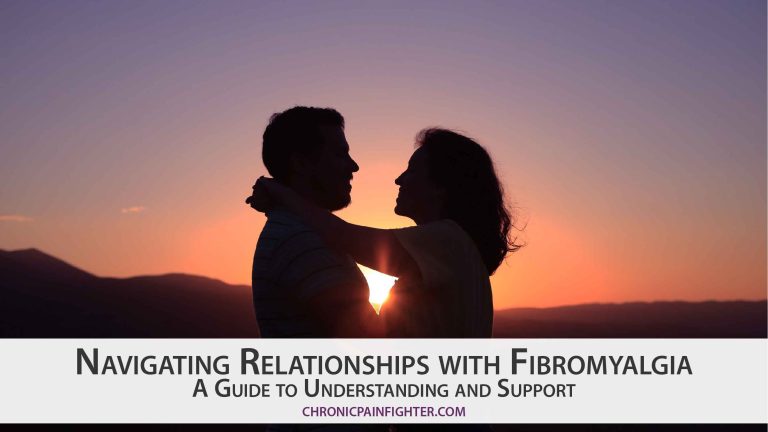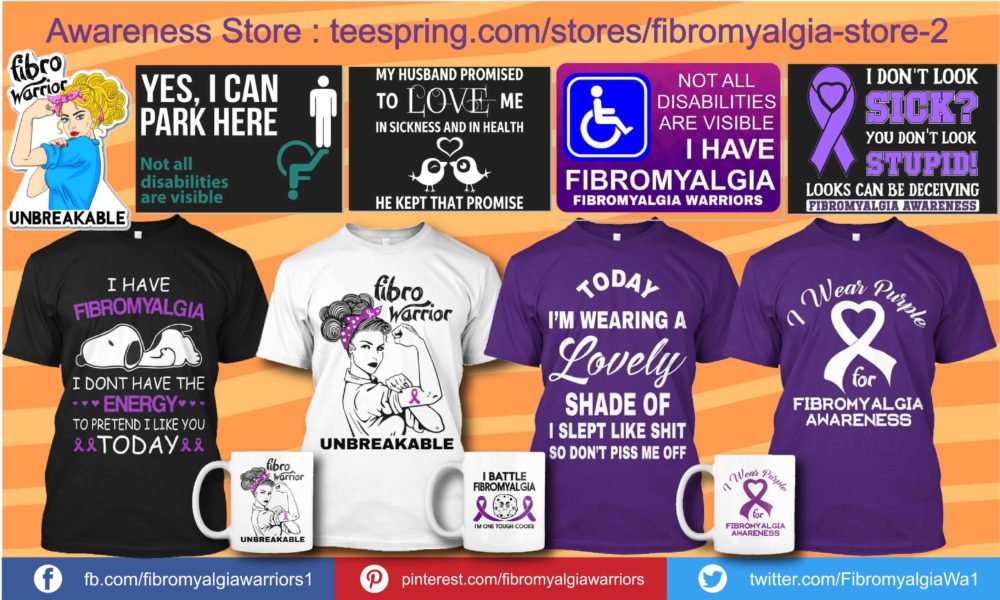Fibromyalgia, a chronic condition causing widespread musculoskeletal pain, fatigue, and other symptoms, often extends its impact beyond the individual. It significantly influences relationships, both romantic and platonic, demanding understanding, patience, and adaptation from all involved. This article delves into the complex interplay between fibromyalgia and relationships, offering insights for those living with the condition and those supporting them.
The Invisible Burden: Understanding Fibromyalgia’s Impact on Relationships
Fibromyalgia’s invisible nature poses a unique challenge. While the physical pain and fatigue are real and debilitating, they often lack tangible evidence, leading to misunderstandings and frustration. For those with fibromyalgia, the constant struggle to function can feel isolating, making it difficult to maintain healthy relationships.
1. Communication Breakdown:
The inability to explain the severity of pain and fatigue can lead to communication breakdowns. Partners, friends, and family may struggle to grasp the limitations imposed by fibromyalgia, leading to accusations of laziness, exaggeration, or unwillingness to participate. This can breed resentment and create distance in relationships.
2. Emotional Toll:
Living with chronic pain and fatigue takes an emotional toll. The constant struggle can lead to irritability, depression, anxiety, and feelings of inadequacy. These emotions, often amplified by the lack of understanding from others, can strain relationships and make it challenging to maintain a positive emotional connection.
3. Social Withdrawal:
The physical limitations imposed by fibromyalgia can make social activities and outings difficult or impossible. This can lead to social withdrawal, as individuals with fibromyalgia find it easier to avoid situations that exacerbate their symptoms. Such isolation can exacerbate feelings of loneliness and further complicate relationships.
Building Bridges of Understanding: Navigating the Challenges
Navigating relationships with fibromyalgia requires a commitment to understanding, open communication, and a willingness to adapt. Here are some strategies that can strengthen relationships and create a supportive environment:
1. Open and Honest Communication:
Open and honest communication is crucial. Both the individual with fibromyalgia and their loved ones need to express their feelings, needs, and frustrations openly. This includes:
- Explaining fibromyalgia: Providing information about the condition, its symptoms, and its impact on daily life can help foster understanding.
- Setting realistic expectations: Honesty about limitations and needs is crucial. This could involve sharing when participation in certain activities is impossible or outlining what support is needed to manage symptoms.
- Active listening: Listening to concerns and feedback from both sides is essential. Validate each other’s feelings and perspectives, creating an atmosphere of mutual respect and understanding.
2. Adapting and Adjusting:
Relationships with fibromyalgia require flexibility and adaptability. This involves:
- Prioritizing self-care: Encouraging the individual with fibromyalgia to prioritize rest, relaxation, and self-care is crucial. This may involve adjustments to household chores, social activities, or travel plans.
- Finding ways to participate: Look for ways to include the individual with fibromyalgia in activities, even if it’s in a modified form. This might involve attending events in shorter bursts, finding accessible activities, or finding ways to contribute remotely.
- Finding ways to connect: Even if physical activities are limited, explore other ways to connect. This could include shared hobbies, movie nights, reading aloud, or simply spending time together in a relaxed and comfortable environment.
3. Seeking Professional Support:
Addressing the emotional toll of fibromyalgia is essential. Seeking professional support can be immensely beneficial:
- Therapy: Individual or couples therapy can provide a safe space to process emotions, develop coping mechanisms, and improve communication skills.
- Support groups: Connecting with others living with fibromyalgia can offer a sense of community, shared understanding, and practical tips for managing the condition and its impact on relationships.
- Medical guidance: Working with a healthcare professional can help individuals with fibromyalgia understand their condition, manage their symptoms, and find strategies for maintaining a healthy lifestyle.
Supporting Your Loved One: Empathy and Understanding
For those supporting a loved one with fibromyalgia, empathy and understanding are paramount. Here are some key strategies:
1. Educate Yourself:
Learn about fibromyalgia and how it impacts your loved one. Understanding their challenges and limitations will help you offer more effective support.
2. Practice Patience and Kindness:
Remember that fibromyalgia is not a choice and it can significantly impact a person’s ability to function. Be patient with their limitations and offer your support without judgment.
3. Encourage Self-Care:
Support their self-care efforts, whether it’s taking breaks, prioritizing rest, or engaging in activities that reduce stress and pain.
4. Offer Practical Help:
Find ways to assist with daily tasks, errands, or childcare. Don’t hesitate to ask how you can best contribute to their well-being.
5. Respect Their Boundaries:
Be mindful of their limitations and respect their need for alone time or rest. Encourage them to communicate their needs and boundaries clearly.
6. Be a Source of Strength and Encouragement:
Be a source of strength and encouragement, reminding them that they are not alone in this journey. Celebrate their successes and acknowledge their efforts.
The Power of Shared Journey: Building Stronger Bonds
Navigating relationships with fibromyalgia is a challenging but rewarding journey. It requires patience, empathy, open communication, and a willingness to adapt. By embracing these principles, individuals with fibromyalgia and their loved ones can forge stronger bonds, build a deeper understanding, and create a supportive environment that fosters resilience and well-being.
Remember, seeking professional guidance, engaging in open communication, and fostering a culture of empathy can significantly improve the quality of relationships and empower individuals to navigate the challenges of living with fibromyalgia with grace and strength. This journey is not solely about managing the condition, but about building a foundation of support, understanding, and love that enables individuals to thrive, despite the challenges.






